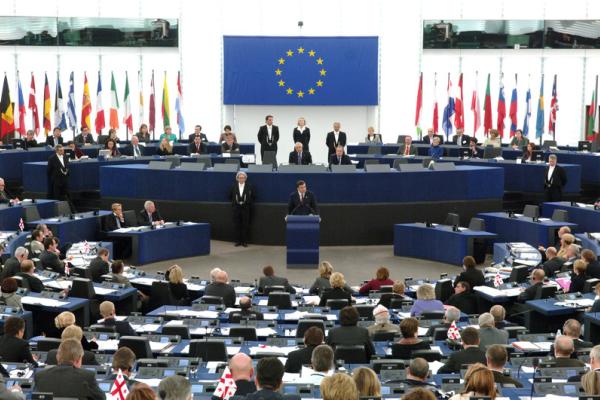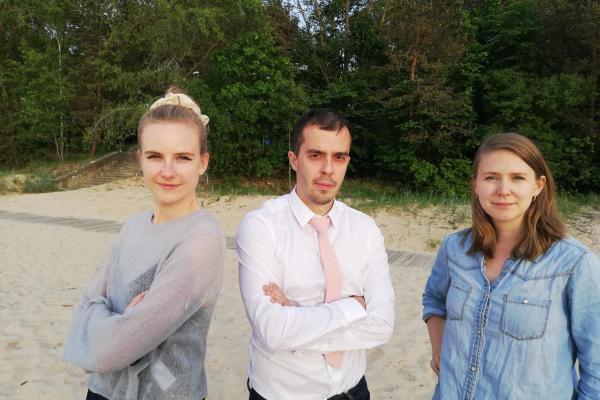Networker for Europe’s Far-Right with Blind Spots in his „Dissident“-Biography
Now, only weeks before his highly likely election into the European parliament, he faces allegations of involvement in a Russian influence operation and possibly even accepting money. Bystron vehemently denies these accusations, attributing them to a slander campaign by the Czech government against their political adversaries, a narrative he ties to his own personal fight against communism in Czechoslovakia.
However, our investigation into Bystron's self-described dissident biography reveals some inconsistencies. Bystron, along with his mother, migrated from Czechoslovakia to Germany in 1988 and received asylum protection. Publicly, he tells the story that of fleeing due to persecution as a teenager for his fight against the communist regime. While our research verified parts of his protest actions against the communist system, other participants in these actions as well as former friends and family members question that Petr Bystron was subject to a persistent political persecution as a teenager. They suggest a combination of political and economic reasons for his emigration, a perspective Bystron dismisses.
Our research additionally examines his political career, revealing unknown aspects of his involvement in Czech politics. Our story recounts his networks and contacts in Europe and tells new details of his closeness to Russian positions and officials. Petr Bystron's story sheds light on how right-wing politicians network across Europe and foreshadows the political ideologies that will be represented in the upcoming European Parliament.
Photo by: Metropolico.org / Wikimedia Commons (CC BY SA 2.0)





